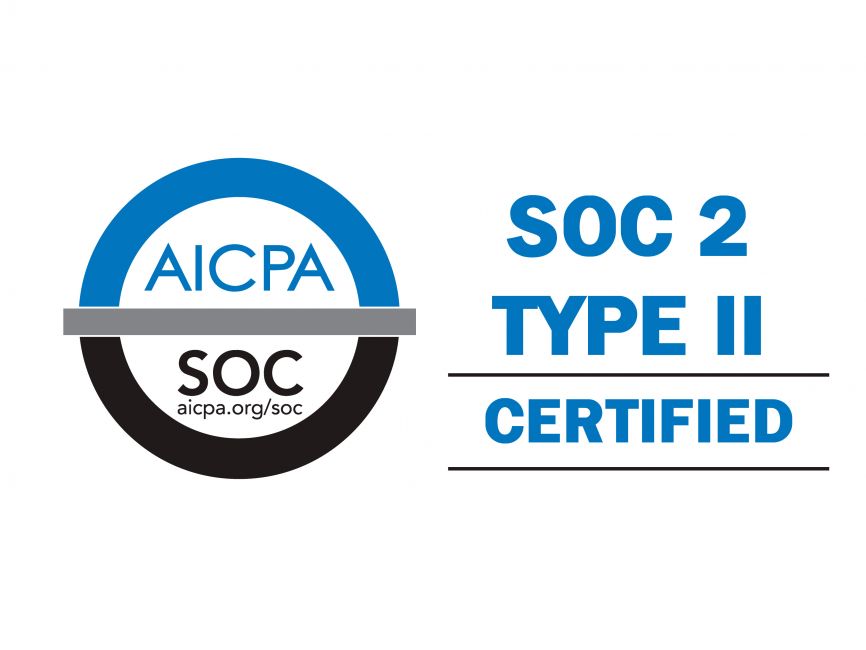As Republicans explore ways to extend President Donald Trump’s 2017 tax cuts, Medicare Advantage faces potential cuts. This privatized Medicare option, historically favored by Republicans for promoting private-sector efficiency, now faces heightened scrutiny and criticism.
According to a recent report from Modern Healthcare, expected savings from Medicare Advantage have largely failed to materialize. The program is accused of practices such as “upcoding”, in which insurers encourage exaggerated medical diagnoses to secure larger reimbursements from the government. Additional criticisms include the denial of essential medical care and employing misleading marketing tactics targeting seniors.
Dr. Mehmet Oz, the current nominee to lead the Centers for Medicare and Medicaid Services (CMS), openly acknowledged these issues during confirmation hearings, identifying Medicare Advantage as an area needing significant reform due to abuses in the private insurance market.
Financially, Medicare Advantage represents substantial spending. Senator Roger Marshall (R-KS) cited the Medicare Payment Advisory Committee’s findings that the program costs an estimated $83 billion more annually compared to traditional Medicare. Representative Andy Harris (R-MD) echoed this, pointing out that reforms could save over $100 billion in a decade, potentially reallocating funds to critical healthcare areas like physician payments.
However, insurers defend their practices, arguing that detailed diagnostics help manage seniors’ health effectively. Mary Beth Donahue, CEO of the Better Medicare Alliance, stresses that accurate diagnoses are key to proper funding and better healthcare outcomes.
Despite bipartisan recognition of the issue, real reforms face obstacles due to the powerful lobbying efforts by the insurance industry. Dr. Lawrence Casalino of Weill Cornell Medical College highlights how this significant lobbying influence might limit the potential for meaningful change.
As the debate continues, the future of Medicare Advantage is uncertain, underscoring larger questions about healthcare efficiency, government funding, and the insurance industry’s role.
Interested in navigating healthcare policy changes and optimizing your organization’s strategies? Contact us today to learn how our expertise can support your healthcare initiatives.
Learn More
